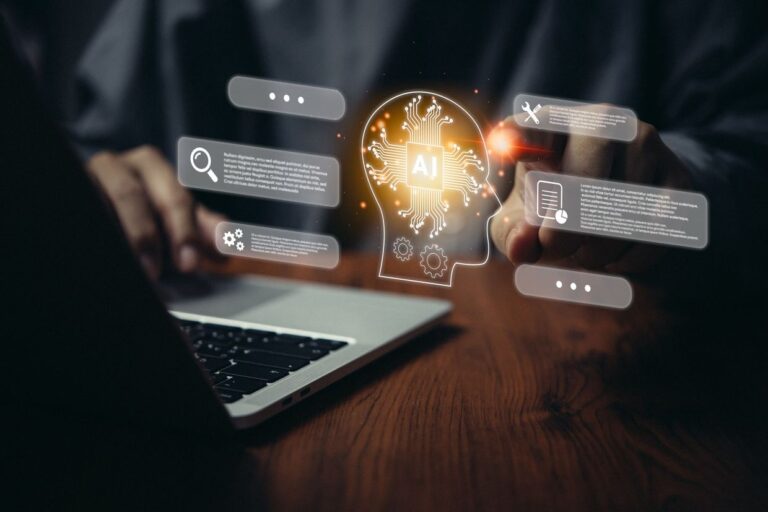Many professionals are tempted to use AI chatbots like ChatGPT to optimize their performance and increase their work efficiency. However, an American study published in the Financial Analysts Journal warns financial specialists against too much reliance on these artificial intelligence tools.
A research team led by DJ Fairhurst of Washington State University’s Carson College of Business studied more than 10,000 responses generated by AI models such as ChatGPT, BARD and Llama in response to questions from financial review. These tools had to not only answer the questions taken from the licensing exams, but also justify the reasoning behind them. The results were then compared to responses given by human industry professionals. “Passing the certification exams is not enough. We really need to dig deeper to understand what these (AI) models can actually do,” explains study author DJ Fairhurst, quoted in a press release.
ChatGPT 4.0 – the paid version of OpenAI’s AI chatbot – stood out with an accuracy rate 18 to 28 percentage points higher than other AI models tested. But ChatGPT 3.5 was found to be more accurate than its successor, after being trained with examples of correct answers and explanations.
As effective as these tools are, they are still far from competing with human expertise, especially when it comes to complex issues. While they excel at routine tasks, such as analyzing financial transactions, they show their limits when it comes to more technical subjects, such as evaluating insurance coverage or managing the tax status of a property. a customer. “For general concepts for which there have been good explanations on the Internet for a long time, ChatGPT can do a very good job of synthesizing those concepts. If it’s a specific, idiosyncratic problem, it’s really going to prove difficult ” says DJ Fairhurst.
In their study, the researchers conclude that these artificial intelligence tools should be considered complementary aids rather than substitutes for the expertise of human professionals. However, they could transform certain finance professions, particularly those of junior analysts often assigned to repetitive tasks.
Even if AI models do not yet represent a threat to skilled jobs, they are already redefining the contours of several professions. The question remains whether they will ever overcome their current limitations or whether they will remain confined to roles supporting human workers. – AFP Relaxnews

